More than 140 old arts people describe the history of Zhejiang's drama history. This book that lasted 8 years is worth reading
Author:Zhejiang Daily Time:2022.08.05
Zhejiang News Client reporter Li Jiaohuan
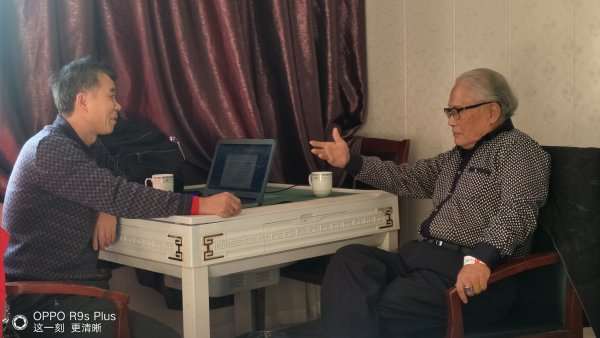
Nie Fu Sheng (left) interviewed the famous performance artist Wang Zhenghong. Fang Jia provided
Wu opera is one of the most representative local dramas in Zhejiang. It is the most popular entertainment content in Jinhua and Luzhou, and it is also an ancient drama that is "rooted in rural areas, branches in the city, and overseas".
The family of Wu opera is very generous. If you start from the earliest high cavity, the drama has gone through the road of development for 400, five hundred years or even longer, has 6 kinds of vocal cavity with different music styles, more than 800 dramas that have been accepted and appreciated by audiences at different historical stages, as well as More than 1,000 beautiful tunes.
Doing a good record of the drama artist is one of the important ways to inherit the historical context of the drama.
Recently, Nie Fusheng, a professor at the School of Humanities and Communication of Zhejiang University of Technology, and Fang Jia (former deputy head of the Luzhou Drama Troupe) of the Luzhou transportation system, which lasted for 8 years, interviewed the "History of Zhejiang Wu Opera Oral History" written by 11 drama troupes. Through the orally of the more than 140 old drama artists, the book has witnessed the vicissitudes of the century -old vicissitudes of national non -heritage drama, and also left precious historical materials for the history of understanding and research on the history of the local drama.

"History of Zhejiang Two Opera Oral"
"History of Zhejiang Drama" contains 8 volumes, 10 volumes, and more than 3 million words such as "White Noodle Volume" and "Dance Beauty Volume". Such a wide range of network -based investigations and collections, organizing first -hand historical materials, the specifications, volume, and time consumption is the first time in the history of the drama. The reporter interviewed Nie Fusheng and listened to him about the story behind this giant system.
Original intention
Nie Fu Sheng is from Hunan.
Culture has no national borders, and there is no distinction between provinces. There are many attractive reasons for Zhejiang, but the most attractive to Nie Fu Sheng is Zhejiang's deep cultural heritage. For 21 years in Zhejiang, he studied in depth in Zhejiang's local drama. What we see is the monographs such as "History of Zhejiang Drama", "History of Zhejiang Drama in the 20th Century", "History of Zhejiang Drama in the 20th Century", and the History of the Drama of Shaoxing. , Touching the stage, old artists who have talked about the world.
In the process, Nie Fu Sheng felt more and more about the historical materials of the literature reserved in Zhejiang's local opera.
Taking the drama as an example, it is impossible for artists who only know how to make lives every day. It is impossible for them to record their wonderful performances in the case. In the past, the performance of some drama classes was over, and the situation of the day was written on the wall of the theater. Once the stage is demolished, these records will no longer exist.
"Relying on these questions, we only know that the earliest performance of Wu opera was during the Qianlong period." Nie Fu Sheng said. But what about Qianlong's previous history? Without records, it is unknown or traceable.
People are in the play, and people are dead. Nie Fu Sheng has a strong sense of mission. He wants to pass on a series of artistic valuable historical materials such as the rich repertoire in the mouth of the artists, the exquisite singing section, the superb acting skills, and the organization, management, and distribution of opera performances. They are recorded so that they will never disappear.
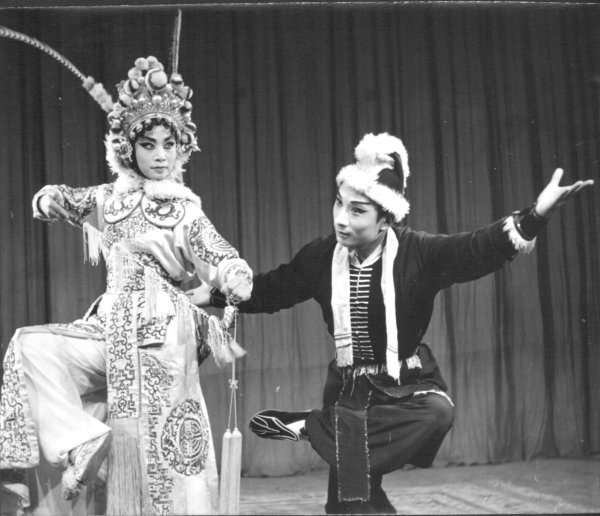
Ge Suyun (left), a famous performance artist of Wu opera. Fang Jia provided
Implementation plans are not easy. Due to the lack of funds and manpower, Nie Fu Sheng has been looking for many people with this idea, but every time he hit the wall.
Until April 2014, with a kind of luck, he recommended himself without not being reported. Wang Xiaoping was surprised at first. After listening to Nie Fu Sheng's statement, he immediately called Mr. Zhao Zuning, deputy director of Jinhua City Cultural Bureau who had published the monograph "Reading Drama", commissioned him to organize and plan to set up an interview team.
In May 2014, the interview officially started. "One of the problems faced at the time was that my research on the drama was not very deep. I was still a little strange to the repertoires, music and performances told by the old artists, and I must be familiar with it as soon as possible in a short time." Nie Fu Sheng said.
But soon there was a turnaround. Zhao Zining asked Fang Jia from Luzhou to assist Nie Fu Sheng from work. "Fang Jia is an actor from the Drama Science Class, creating, editing, and leading many works. He has won the Star Award of the Ministry of Culture and has rich experience in stage performances and practical experience." Nie Fu Sheng told reporters.
The interview is difficult. Every time Nie Fu Sheng and Fang Jia interview, they will "review" the collected materials, go to the copy of the copy mentioned in the interview as much as possible, and find video materials online. The entertainer's house allowed the interviewed to "continue to say". Nie Fu Sheng and Fang Jia interviewed the first brand of Huadan Zhu Yunxiang, the first brand of the Two Opera Troupe of Jinhua City, and visited the screenwriter Fang Yuan more than 40 times ... As the number of interviews increased, more and more valuable things were. Nie Fu Sheng and Fang Jia are constantly moving. The folk drama "treasure" is worth digging!
What's more interesting is that the old artists are like a living map. While telling the story of the drama, they will also provide the names of the important old artists that Nie Fu Sheng and Fang Jia do not know. In this way, the interview list of oral history has expanded from the initial dozens of people to more than 140 people.
In order to ensure the authenticity and accuracy of oral history, members of Nie Fu Sheng, Fang Jia and other teams will strictly organize the text based on the interview recording, and then submit it to the interviewees for review. There are many school pairs in the future.
Love
As Feng Jicai said: "During the passage of folk culture, each generation has a representative inheritor, and they reflect the highest level of this cultural form. It can also be said that historicity is preserved on them. It is a valuable cultural mineral. "
More than 140 veteran artists appearing in "History of Zhejiang Two Opera Oral" have some of the same characteristics. Nie Fu Sheng said: "They are all very simple and pure people. No one lives in a luxurious house. The most hanging on the wall is also a photo of the performance. As long as they mention the drama, they are very excited, and they are full of energy."
Perhaps it is because they always treat the drama as their own lives.
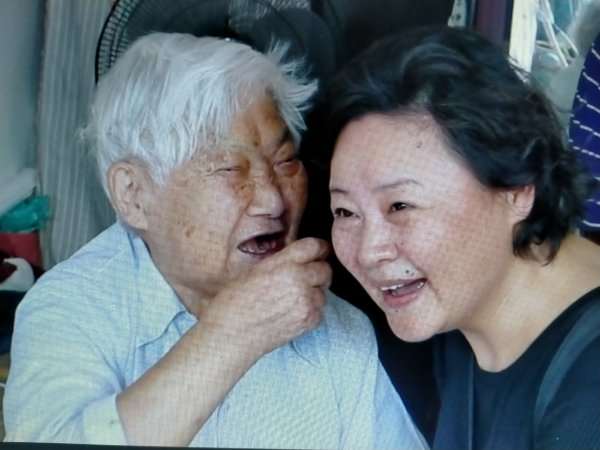
Fang Jia interviewed Shi Xiuying (the late) of the famous performing artist of Wu opera.
Shi Xiuying, who is good at Gonghua Dan, is the oldest artist in oral history. She staggered and did not hear well. Every time she interviewed, Shi Xiuying's family needed to repeat her ear. Nevertheless, it does not affect the enthusiasm of Shi Xiuying's narrative.
In the last time, Nie Fu Sheng and Fang Jia gave her a manuscript to her for review. Shi Xiuying said: "Okay! Okay!" That night, the old man Shi Xiuying had been excited to see at 1 am.
Nie Fu Sheng remembers that Zhou Yuegui, one of the "Three Sisters of the Zhou Family", has played more than a hundred dramas. She is best at the original scenes such as "Princess Shuangyang" and "Three Erihua". During the interview, Zhou Yuegui was 84 years old, lumbar pain, and his legs and feet were inconvenient. She was about 1 kilometer away from the agreed interview. In this road, she walked for an hour.
But every time, as long as he started, Zhou Yuegui's pain seemed to have wings, flying without a trace. She often talks about two or three hours.
For example, Zhu Yunxiang, known as "Zhao Lirong in Zhejiang Zhejiang", often marvel at her memory. Even in the past many years, she can still depict the performance details on the stage and the laughter and laughter on the stage. She takes the interview team to cross the scenery of Liyuan decades ago.
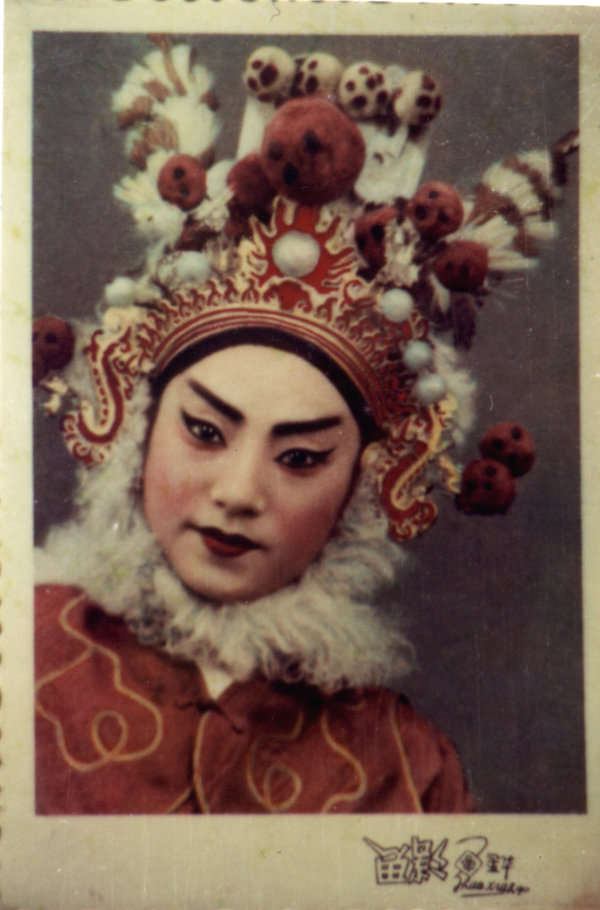
Wu Yunxiang, a famous performance artist of Wu opera. Fang Jia provided
"Zhu Yunxiang's impression is like a never -stop machine." Nie Fu Sheng said. After her retirement, she also lined up many traditional dramas for the drama school, the elderly university, and the community. She said to Nie Fu Sheng, "I only sleep only two hours a day. Sometimes, I lie on the bed, and my head is full of acting." Previously, as long as there was a play, she was happy; now, as long as there is a play, she can be happy. stand up.
What impressed Nie Fu Sheng was the leader in the 1960s and 1970s of the Wu opera industry, Zheng Lanxiang.
When he was young, Zheng Lanxiang's performance talent was discovered by the leadership of the troupe. In order to rescue the drama, a plan for Zheng Lanxiang to be carved was formed quietly. Since then, Zheng Lanxiang is different from the life of the same age girl. She not only has to study hard, but also assumes a mission and pressure.
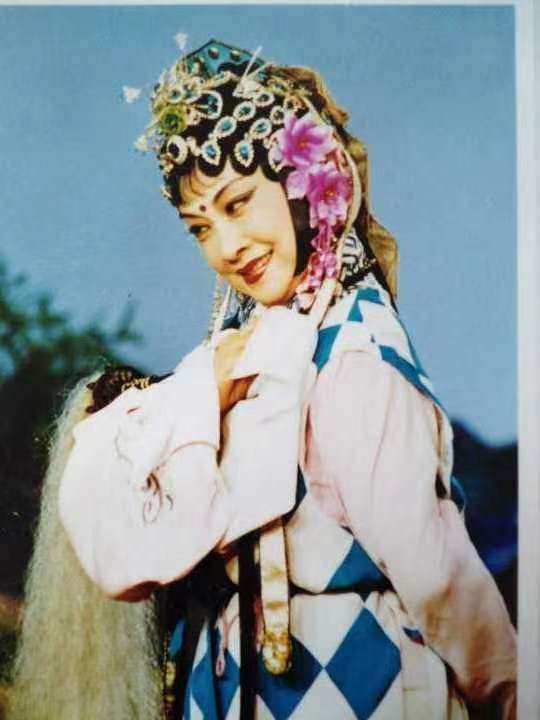
Zheng Lanxiang, a famous performance artist of Wu opera. Fang Jia provided
Instead of feelings, she has firmly strengthened her determination to realize artistic dreams. Practicing the sound alone. In order to practice the crispy sound of the white peony in the "Division", she tried her best to imitate the crying of the birds, and went to the woods to listen to the bird call in the early morning.
After thinking about it for a long time, Zheng Lanxiang finally realized the method: "I picked my lips into a small round mouth and gently sent the breath with the tip of the tongue." Repeated practice, her voice finally could be as sharp as a bird. Crisp.
"There are too many stories of such an old artist. I can't tell me three days and three nights." Nie Fu Sheng said.
hope
In Nie Fu Sheng's view, there are still many regrets in "History of Zhejiang Two Opera Oral". This book of Zhejiang Wu opera can be written thicker and longer.
"Our work is too late. If a few years earlier, there are more old artists in the world." Nie Fu Sheng said. "Longyou Huadan" Xu Ruying told him that if he had been in the past five years, there were also a group of old artists in the Zhejiang Drama Troupe, such as Xiao Hua's face Xu Dongfu, and would definitely leave more valuable things.
Several old artists have died in the middle of Nie Fu Sheng's interview.
Nie Fu Sheng recalled that when he was preparing to start the oral history project, he visited the opera composer Wu Yifeng's home. At that time, Wu Yifeng's body was still tough. Nie Fu Sheng and Wu Yifeng reached an agreement. As long as the project starts, he must go to him immediately.
However, after the project was established, Wu Yifeng had been hospitalized due to physical reasons. "I went to the hospital to see him, he couldn't speak." Nie Fu Sheng said, Wu Yifeng wrote in the bed, "Mr. Nie is sorry, I am now. Let me tell you what I know. "
When Nie Fu Sheng went to the hospital to visit Wu Yifeng for the second time, his condition was more serious than the first time. Not long after, the theater company called Nie Fu Sheng, "Teacher Nie, Mr. Wu Yifeng left."
"There is also Mr. Chen Fussen who only knows during the interview." Nie Fu Sheng said that during the interview with Dongyang, someone told him that Chen Fusen was the oldest old opera artist and the oldest old artist in Houyang Gaoca. Nie Fu Sheng immediately asked him to take him to find someone. When he rushed to Chen Fusen's house, the old man was already in a state of difficulty speaking.
Nie Fu Sheng and Chen Fusen, 96, only conducted an hour of interviews. "If I can go to him earlier, he can say more." Nie Fu Sheng said.
The drama is a "small drama" with length, width, and thickness. The accumulation of the length, width, and thickness of the drama is the result of the heart of the generations of generations. Zheng Lanxiang had a wish. After retirement, she wanted to collect all the recording materials she had performed and contributed to the audience who liked the drama.
Nie Fu Sheng said that doing oral history is not only for leaving information for the drama, but also to promote the development of contemporary tricks.Only by retaining the origin of the drama can we really seek new changes on this basis."I am writing a new" History of Zhejiang Drama "based on" History of Zhejiang Drama Oral "." Nie Fu Sheng said that after completing this task, he also had a wish.
That is, to form another team to do a detailed field survey of the high cavity, Kunqiang, chaos, emblem, and beaches of other dramas outside the drama, leaving both precious opera materials, but also for the development of Zhejiang local opera.Provide some help.
- END -
What are those who can't get up?
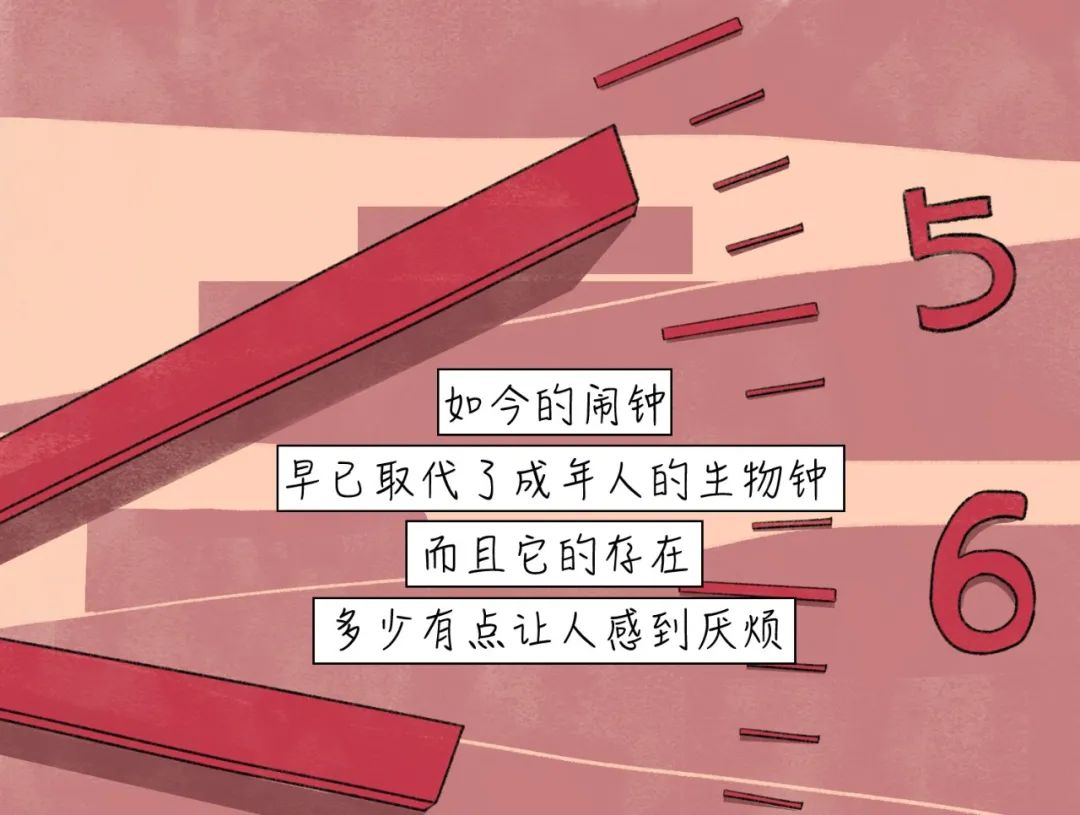
In the morning, it was a delicate moment.When leaving the big bed, it means that w...
[Live Review] Zhongjiang County "Stage of the People · Happy Meeting" talent contest

At 9:00 am on May 27, 2022, the talent contest of the People Stage · Happy Meeti...